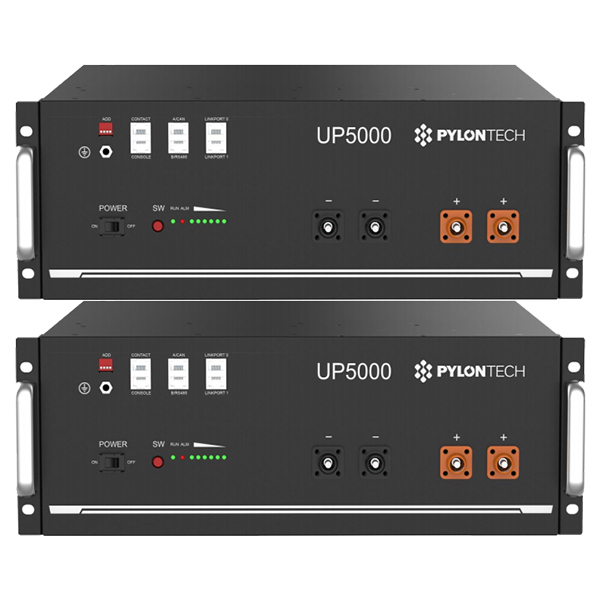LITHIUM & LIFEPO4 BATTERIES

Lithium Ion batteries have a high energy density and are perfect for cyclic applications. They allow savings in volume and weight of up to 70% compared to lead acid batteries, for a lifespan up to 6 times longer than a traditional battery. Lithium Ion batteries must be equipped with a Battery Management System (BMS), which automatically compensates for possible imbalances between the cells.
Lithium iron phosphate technology appeared in 1996, also called LiFePO4 or LFP, its technical advantages make it a battery of choice for on-board autonomy.
LiFePO4 batteries can replace lead batteries in all applications. We offer them in particular in on-board energy (camper vans, food trucks, etc.) because their weight and volume are reduced compared to a traditional lead-acid battery. They are also very resistant to the test of time.
The lithium battery has other advantages which are not negligible: its technology means that it cannot catch fire (or explode) in the event of overcharging; it can be installed in any position; its power is constant throughout the duration of the discharge; it can be stored for up to 2 years without being recharged.
Comparison of lead battery VS lithium battery
A significant price difference exists between the two technologies, this can be explained by several factors. The lithium battery can discharge almost completely: between 90% and 100% discharge, where a lead battery (gel battery or AGM battery) will offer a 50% discharge. For the same useful capacity: you will need 2 lead batteries for 1 lithium battery.
Also, a lithium battery will offer a much longer lifespan: around 2500 cycles for a LiFePO4 battery compared to 500 cycles for an equivalent AGM model. This is why the initial price of the lithium battery will quickly be recouped by the extended lifespan and excellent efficiency.
Advantages of a lithium battery
A lithium battery has several advantages compared to conventional lead batteries:
Reduced size and weight (better density)
Much longer lifespan
Better energy efficiency
High charging current (helps reduce charging time)
High discharge current
A lithium battery is therefore more expensive to purchase, but it will meet more demanding requirements and its longer lifespan allows it to be amortized over time. AGM batteries must be replaced more regularly than Lithium batteries, which then involves logistics and installation costs each time. The initial choice of the lithium battery allows for better profitability of the installation over time.



